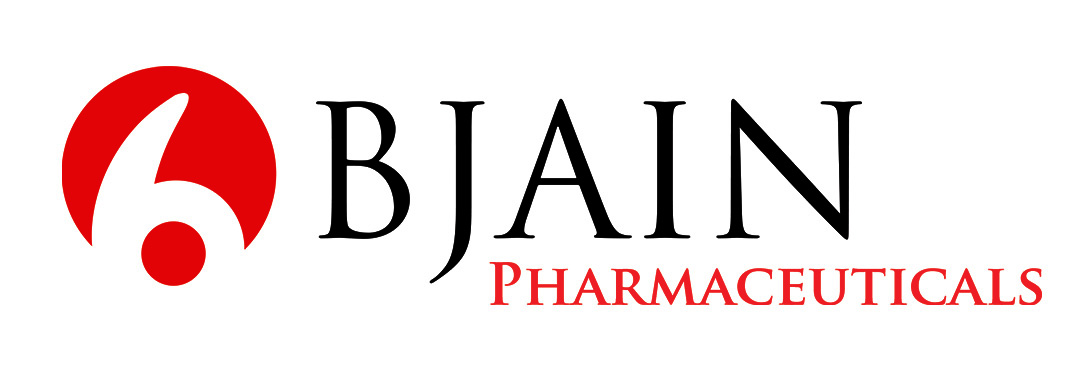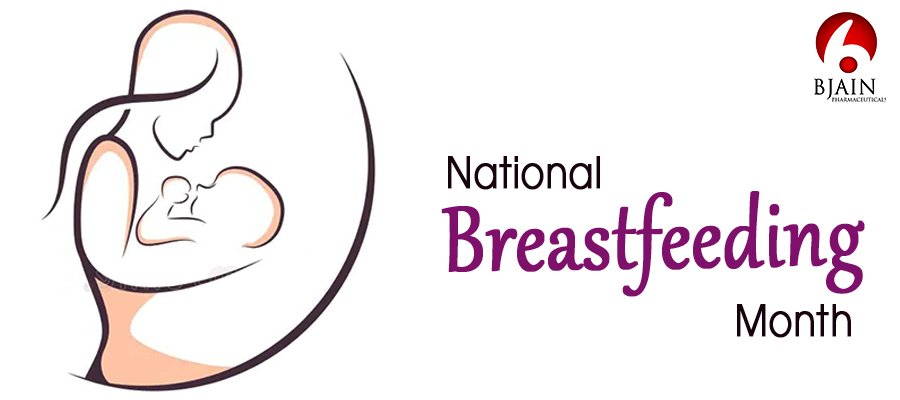We celebrate August as breastfeeding month to spread awareness of the importance of breastfeeding throughout the community. It was first celebrated in 2011 to raise awareness among the population for the importance of breastfeeding. Breastfeeding is a normal physiological activity for birthing mothers. If it is that normal then why do we have an entire month dedicated to creating awareness for it?
It must hold an enormous importance to the development of humans. Breast milk plays an important role in the development of a newborn. Women produce an early yellow milk post-delivery which is called colostrum. This colostrum is full of IgG antibodies that help gain essential immunity in a newborn and help them fight environmental stressors.
In the post-natal period, women usually start to produce milk within 2 to 5 days. The next step that has equal importance is Mother and baby bonding. It helps in milk production followed by the increase of oxytocin in the mother and helps the baby to latch properly.
First, let us have a better understanding of the process of Breastfeeding, only then we can understand the difficulties mothers face during this important period.
Introduction
Let me start from the basics, breastfeeding is an act of feeding milk to a newborn baby by the breast of their mother. Breastfeeding remains one of the best techniques to keep a child thriving and healthy. Despite the World Health Organization’s suggestions, less than half of babies below six months of age are solely breastfed.
Breast milk is the best nourishment for newborns. It is safe, hygienic, and contains antibodies against common pediatric diseases. Breastmilk supplies all the necessary nutrients and energy that a newborn requires in its initial months. It persists to give as much as half of the nutritional requirements for a kid in the latter part of their first year, even as much as 1/3 in the following year.
Breastfed youngsters score higher on IQ tests, are less inclined to become obese, and have a lower risk of developing diabetes as they grow older. Breastfeeding mothers are also less likely to develop cancer of the breast or ovary.
Improper advertising of alternatives to breast milk undermines global efforts to increase breastfeeding rates and period.
Challenges of Breastfeeding faced in today’s time:
Women face many difficulties during this crucial phase of lactation. Some can be circumstantial and can be resolved easily with proper care. Others may require medical attention.
- Sore and cracked Nipples: Sore nipples are frequently caused by your baby’s improper positioning and attachment to the breast.
Sticking on it may exacerbate your pain or suffering, so consult your nurse, health site visitor, or nursing professional as soon as possible.
- Low Breast milk output: As you begin nursing, you may be concerned that your baby doesn’t get sufficient milk. It may take some time before you are satisfied that your kid is receiving the necessary nutrients.
- Breast engorgement: Breast engorgement happens when your breasts become excessively full of milk. They could feel rigid, tight, or uncomfortable.
Engorgement can occur in the early stages of breastfeeding while both you and your infant are still adjusting to the experience. It may take several days for the supply of milk to fulfill the newborn’s requirements.
- Baby not latching properly: Breastfeeding is an activity that you along with your baby should master collectively. It may take some time for both of you to get used to it. If nursing is difficult for you or your baby seems to not
tobe pleased after each feed, they might have trouble latching onto their mother’s breast correctly.
- Excessive Breast milk production: Sometimes moms produce excessive breast milk and babies battle to cope. It is ideal to have a nurse or nursing expert observe your feed to figure out if they can determine why this is occurring. They can also demonstrate other postures to assist your infant deal with enormous volumes of milk.
- Blocked Milk ducts: If breast engorgement persists, it might result in a clogged milk channel. You could feel a little, sensitive bump in your breast area.
- Mastitis: Mastitis (breast swelling) develops when a clogged milk duct has not been treated. It causes the breast to become warm and unpleasant which may trigger you to feel quite ill with influenza-like symptoms.
Dealing with the challenges of Breastfeeding:
These challenges may seem stressful and hectic with the addition of childbirth. But you can overcome some of these by following a few guidelines.
- Positioning: ensure that your infant is correctly latched on. If touching your baby’s skin isn’t effective, consider hand-expressing breastmilk and giving milk to your baby using a spoon.
- Pain relief: Try using a cool pack between nursing or a hot one for up to fifteen minutes before breastfeeding. You may also massage the region and apply light pressure to it.
- Breast infections: Whenever you are suffering from a breast infection, consider using wet, hot pads on the affected region, resting, and using a comfortable bra.
- Low milk supply: Try nursing frequently preferably every hour or two.
- Mental health: To reduce stress, consider self-care strategies including slow breathing, moderate yoga positions, and mindfulness.
- Breastfeeding in public may be made more private by utilizing a nursing cover.
- Nutrition: Try to get adequate rest, eat well, and drink adequate water.
Homeopathic medicines for the complaints of Breastfeeding
Throughout pregnancy and nursing, we frequently look for safe remedies. During this time, lots of parents become aware of homeopathic medicine. These are some medicines that can be used for the complaints of breastfeeding. Always consult a Homoeopathic practitioner before taking homeopathic medicines.
- Asafoetida: Oversensitive and insufficient milk. When the milk spills, the infant will become irritated. Unnaturally big vessels in the breast area.
- Belladonna: Helps in cases of engorged breasts that tend to be firm, warm, swollen, and painful. Red lines, intense agony, an excess of milk.
- Borax: Breasts are uncomfortable before and after breastfeeding. Pain in the other breast when the infant is latched on. After breastfeeding, both of the breasts hurt.
- Bryonia alba: Breasts are engorged, firm, heated, and irritated. Breasts are yellow and pain is “stitching”. Milk is oversupplied. The smallest motion creates discomfort. Fever and anguish occur on occasion.
- Phytolacca: Breasts are swollen, with lumps visible. The nipples are damaged and painful. Nursing is uncomfortable, and this pain spreads from the nipple to the remaining areas of the chest and whole body. This medicine may require up to 24 hours before it takes action.
- Silicea: Breasts are inflamed, uncomfortable, and bulbous. The nipples ruptured and inverted. Pain in the breasts is acute and worsens when breastfeeding. Worse in the left side of the breast. You may be experiencing a backache along with these symptoms
- Urtica urens: There are two types of milk-related issues: inadequate supply or excess. Can aid in the initial stage when milk yield appears to be poor for no apparent cause.
Conclusion:
We discussed the importance of breastfeeding and concerns about breastfeeding. Many issues need to be addressed to enhance the percentage of total breastfeeding and its duration among new mothers. Homeopathy is a resort for the complaints experienced during nursing. Homeopathy is a most gentle and natural system of medicines and they are perfectly safe for lactating women. They can help women experience this part of motherhood in the best possible way.

Dr Kiran Swami
Dr. Kiran Swami, BHMS, MD (Hom.), a Research Officer at BJain Pharmaceuticals Pvt. Ltd., holds degrees from Nehru Homeopathic Medical College, Delhi, and Dr. Sarvepalli Radhakrishnan Rajasthan Ayurved University, Jodhpur. With expertise in homeopathy and a passion for research, she drives innovation in holistic healthcare solutions.


